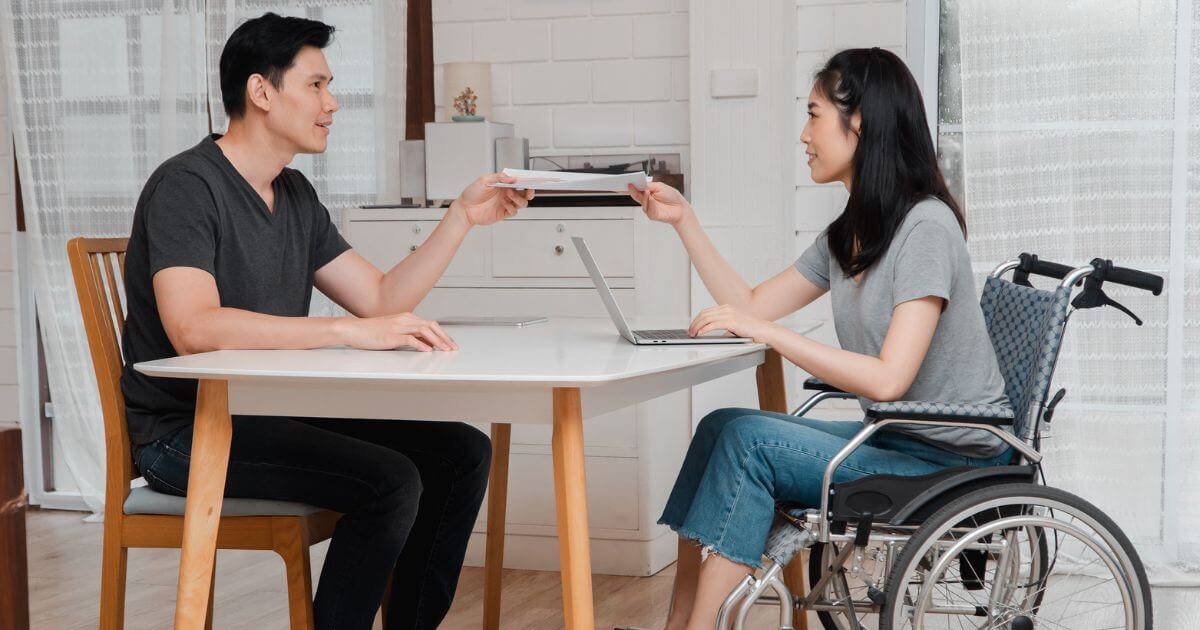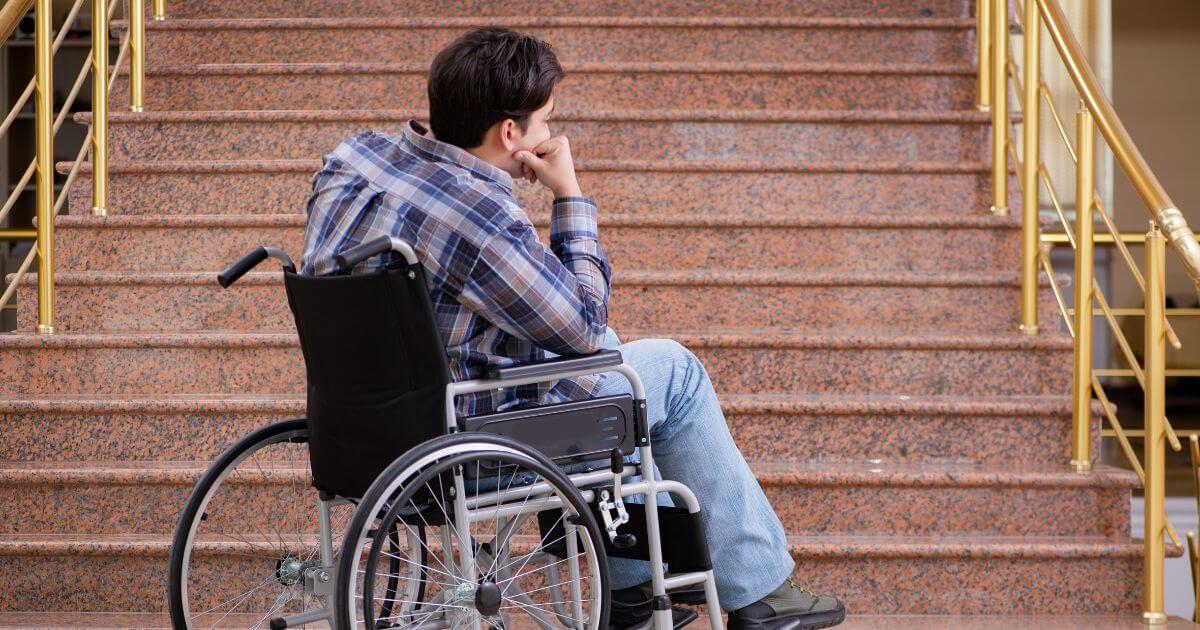
Disclosing Your Disability
In the YLI study, we uncovered a common theme: a hesitation to disclose disabilities becoming a barrier to employment among young adults aged 17-29.
Many young adults with non-visible disabilities tend to withhold disclosure unless it’s necessary due to the job’s nature or to accurately describe an applicant’s needs. For those with visible physical or sensory disabilities, they often need to disclose their disabilities earlier in the hiring process. Some applicants might need accommodations during a job interview, for example. The COVID-19 pandemic and the rise of remote work added to the hesitation in disability disclosure, even for those with visible disabilities.
Most youth who participated in a focus group with the YLI team indicated that an employer’s perception of them as a candidate often changes after they disclose their disability. Some participants even felt they faced discrimination once their disability was known, noting shifts in an employer’s tone and attitudes. This led many to believe that their disability reveal played a significant role in being rejected for opportunities.
Should You Disclose Your Disability?
Deciding when, how, and whether to disclose a disability to a current or prospective employer is a complex personal decision. Disclosure isn’t required if you can perform the core duties described in the job description. The YLI Advisory Committee recommended a few strategies to help you navigate your disclosure decision.
Research the job
Thoroughly researching the job to determine if the core duties are a fit before submitting a job application. After being hired, it is beneficial to keep track of your assigned duties compared to what was included in the job description.
Know Your Workplace
Researching the company to assess its accessibility and inclusivity is an essential step before disclosing a disability.
Invest Time in Finding the Right Fit
Knowing what to do to meet performance expectations, particularly when a disability is recently acquired, is critical to setting yourself up for success.
Volunteering or Job Trial
Volunteering or trying out a job through a referral from a career agency is a good opportunity to showcase your abilities and gain insights into your desired role, as well as boost self-confidence, and acquire essential hands-on skills needed for the job.
Educating Employers
We believe that more education around disability disclosure for employers is vital. Everyone has unique needs and lived experiences, so education of employers is necessary to individualize conversations about disability and create an experience and solution that is tailored specifically for the individual.
The disability disclosure decision is intimidating for both employers and young employees with disabilities. The YLI team has added a few tools and resources in the toolkit for those who want an inviting and respectful conversation around disclosure.
Youth Resources
Are you wondering when, what, and how to disclose your disability to your prospective or current employer?
- Disclosing your Disability
- When and How to Talk About Your Disability
- Disclosing Your Disability – A Legal Guide for People with Disabilities in BC
Employer Resources
Are you puzzling about the proper way to carry out a conversation when your employees disclose their disability?
- Balancing Employee Privacy and Disclosure
- Supporting Disclosure of Mental Health Conditions in Evolving Work Environments

Submit Your Feedback
This toolkit is a collective effort between the YLI team and you.
We invite you to explore the YLI Toolkit, use it, and let us know your thought by submitting your suggestions or feedback. We appreciate your continued support!
Resources on the YLI Toolkit webpages, including, but not limited to, the text, graphics, images, links, and other materials are intended for informational and educational purposes only. The content is not intended to be a substitute for professional or medical advice, diagnosis, or treatment, and does not constitute medical or other professional advice. The Disability Foundation and Affiliates do not recommend or endorse any specific tests, physicians, products, procedures, opinions, or other information that may be mentioned on the linked websites. Reliance on any information provided herein is solely at your own risk. The information provided on YLI Toolkit webpages are designed to support, not replace, the relationship that exists between you and your care team. Never disregard professional medical advice or delay in seeking medical attention because of something you read or see on YLI Toolkit webpages.
The YLI Toolkit does not offer specific medical advice. If you are experiencing a medical emergency, call emergency personnel (911) to receive medical attention.




